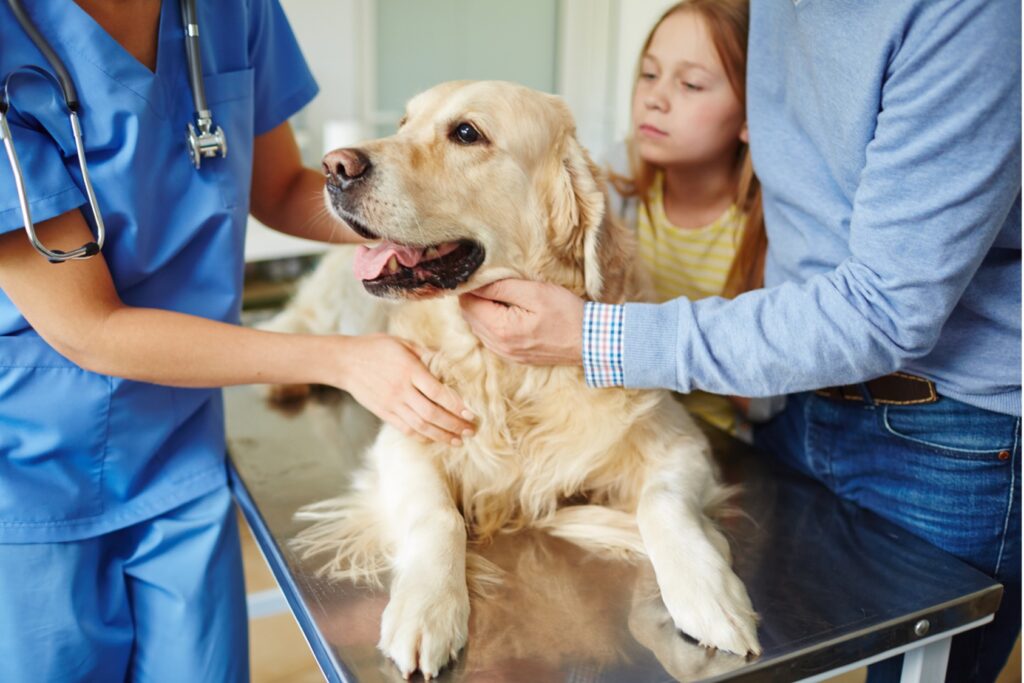A Guide from Pine Creek Animal Hospital
Welcoming a pet into your life brings boundless joy and companionship, yet it also entails financial responsibilities. Pet care medical expenses can swiftly accumulate from routine checkups to unforeseen emergencies. At Pine Creek Animal Hospital, we understand the significance of comprehending and planning for these costs to ensure your furry companion’s well-being.
Understanding Pet Medical Emergency Costs
The expense of an emergency visit for your cherished pet depends on the nature of the crisis, your pet’s medical history, and the necessary procedures for resolution. Emergencies often necessitate diagnostic tests such as blood panels, x-rays, or ultrasounds, and surgical intervention may be required. To give you some insight, below are listed some medical emergency cost ranges for dogs:
- Severe allergic reaction — $500–$1,000
- Intestinal blockage — $800–$7,000
- Trauma — $500–$4,000
- Stomach issues — $700–$3,000
- Seizures — $500–$5,000
- Heatstroke — $1,500–$6,000
- Poisoning — $200–$5,000
For more understanding regarding emergency expenses for dogs and cats, the article “How Much is an Emergency Vet Visit?” from money.com is a good read.
Craft a Budget for Pet Medical Expenses
Formulating a budget for pet medical expenses is pivotal to ensuring seamless care for your furry companion without straining your finances. We recommend the following steps to establish a budget:
- Assess Your Financial Position: Evaluate your income, expenses, and savings. Determine how much you can comfortably allocate to your pet’s medical requirements.
- Estimate Routine Care Expenses: Contemplate the cost of routine medical procedures and preventive measures based on your pet’s age and health status. Include vaccinations, check-ups, and dental cleanings in your budget. Should you have any inquiries about about your pet’s medical needs or costs, our team is here to assist.
Build an Emergency Fund
Creating a dedicated emergency savings fund for your pet’s medical expenses empowers you to act promptly in times of need. With such a fund in place, your focus remains solely on your pet’s recovery, alleviating the stress of unforeseen medical bills. Aim to accumulate a reserve equivalent of three to six months’ routine care expenses to address unexpected emergencies.
Pet Insurance
Pet insurance can serve as a valuable financial asset, helping offset the burden of pet medical expenses. Like human health insurance, pet insurance covers a range of medical procedures, treatments, and medications.
When selecting a pet insurance plan, consider the following factors:
- Coverage Options: opt for a plan encompassing an extensive array of medical conditions, including hereditary and chronic illnesses common to your pet’s breed.
- Deductibles and Premiums: Familiarize yourself with the deductible amount and monthly premium. Higher deductible plans often translate to lower monthly premiums. However, they also come with increased out-of-pocket expenses before insurance coverage pays out.
- Reimbursement Rates: Examine the percentage of expenses covered by the insurance provider. Certain plans might offer a higher coverage percentage than others.
- Exclusions and Waiting Periods: Understand any exclusions or waiting periods for specific conditions. For example, pre-existing conditions typically include conditions, illnesses, injuries, or symptoms that your pet had prior to the coverage date and/or any applicable waiting period. An average waiting period of 14 days is common for policies that cover illnesses.
While pet insurance offers peace of mind, reviewing the policy terms and conditions in detail before choosing a plan is essential. Please feel free to consult with us if you have any questions about pet insurance for your pet.
Financial Aid Resources for Pet Care Medical Expenses
Should you encounter challenges in covering your pet’s medical costs, you can reach out to organizations that may be able to extend financial aid for pet care, including:
- The Pet Fund: A non-profit organization providing financial assistance for non-basic, non-urgent care, aiding pet owners who cannot fully cover their pet’s medical treatment costs.
- RedRover Relief: Extending financial assistance grants for emergency veterinary care expenses, prioritizing cases where a pet’s life is at stake.
- CareCredit: CareCredit stands as an option when an unexpected illness strikes a pet. Completing an application takes only a few minutes, granting you the flexibility to divide costs into six monthly installments. Apply online at www.CareCredit.com/apply.
- Local Animal Welfare Organizations: Certain animal shelters or rescue groups offer funds for pet owners in need. Reach out to these entities to inquire about available financial aid programs. It is advisable to apply for assistance promptly, as funding is often limited, and eligibility criteria may apply.
Embracing the Value of Preventive Care
Prioritizing preventive care is pivotal in preserving your pet’s health and mitigating long-term expenses. Regular check-ups, vaccinations, and dental cleanings facilitate early detection of potential health issues, averting their escalation into more severe and costly conditions.
Wellness Exams at Pine Creek Animal Hospital
Although some pet owners might think that their pet is healthy solely based on annual shots and vaccines, the reality is that pets are notorious for enduring months of concealed illness. During a wellness exam, our team performs a comprehensive examination, scrutinizing your pet’s overall well-being and identifying any indications of disease or abnormalities. We recommend you bring your pet to Pine Creek Animal Hospital for a wellness exam at least once a year; these brief checkups yield valuable insights into your pet’s health, promoting lasting well-being and happiness.
Preventative Care at Home
Regular preventive care encompasses proper nutrition, exercise, and grooming. A balanced diet and regular physical activity prevent obesity and associated health complications. Grooming and dental hygiene guard against dental diseases and skin ailments. By prioritizing preventive care, you uphold your pet’s optimal health and curtail the risk of incurring substantial medical costs.
In Conclusion: The Significance of Pet Medical Expense Budgeting
Budgeting for pet medical expenses is a pivotal facet of responsible pet ownership. By planning for emergencies, you ensure that your beloved companion receives essential care without you having to endure financial strain.
Explore the potential of pet insurance or an emergency fund as financial tools to alleviate medical expense burdens. Moreover, familiarize yourself with available resources for financial aid, should the need arise.
Remember, investing in your pet’s health equates to investing in their happiness and quality of life. Effective budgeting empowers you to provide unwavering care for your cherished furry family member. Spare yourself the surprise of unforeseen veterinary bills—embrace planning, budgeting, and prioritizing preventative care to give your beloved pet a life of well-being and joy.
Warm Regards from Your Caring Team at








